The $7,500 federal tax credit for buyers of battery-electric vehicles could be dropped if Donald Trump returns to the White House next January, the presidential candidate said in an interview. At the same time, Trump said he’s open to finding a role for Tesla CEO Elon Musk, possibly even making him a member of his cabinet.
While Republican presidential nominee Donald Trump reversed course early this month, declaring he is “totally” in favor of EVs during a Georgia rally, the former president said Monday he may take a step that likely would short-circuit demand if reelected.
During an interview with Reuter’s on Monday, Musk said he would consider whether to end the $7,500 in federal EV tax credits contained in the Inflation Reduction Act passed by Congress in 2022.
In what might be considered an ironic move, Trump also said that he is giving serious thought to offering a cabinet post or advisory role to Elon Musk, the CEO of Tesla, the country’s largest seller of battery-electric vehicles.
Mixed messages on EVs
Trump has sent a series of mixed messages, while occasionally reversing course, on EVs during his time in the White House and continuing through his current campaign to regain the presidency. As recently as June of this year he blasted electric propulsion for not only vehicles but boats, issuing a widely refuted claim that they could electrocute people if an electric boat were to sink.
But he appeared to backtrack again at the Georgia campaign stop, declaring, “I’m for electric cars. I have to be because, you know, Elon endorsed me very strongly. So, I have no choice.”
Trump signaled, however, that he remains opposed to the Biden administration’s mandates that could result in EVs accounting for nearly two-thirds of all new vehicle sales in the U.S. by 2032.
Questions incentives
And in the Reuter’s interview he said he questions federal sales incentives, as well, saying that “Tax credits and tax incentives are not generally a very good thing.”
Musk wasn’t entirely opposed to tax credits and incentives during his term in the White House starting in 2017, however. Among other things, he expanded a number of credits, such as for child care, aimed at America’s wealthier taxpayers.
During his interview, the Republican nominee did not lock down on killing EV credis, however, saying “I’m not making any final decisions on it.” He added that he is “a big fans of electric cars,” but also a fan of gas-powered vehicles and hybrids, “and whatever else comes along.”
A possible role for Musk in a Trump White House could influence any final decision.
More on Politics and Autos
- Musk’s Money in Hand, Trump Now is “Totally” for EVs
- UAW Investing Millions to Defeat Trump
- Trump, Musk Court Controversy in 2-Hour Interview
Trump and Musk cozy up
Both the presidential candidate and Tesla CEO have a relationship dating back to 2017, Musk then joining a short-lived business advisory council set up by Trump following his inauguration. He quit the group after the then-president pulled out of the Paris Climate Accord.
The South African-born executive has become increasingly outspoken on conservative issues since acquiring what was then called Twitter nearly two years ago. In July, Musk formally endorsed Trump’s reelection. And, after some initial confusion, the candidate this month confirmed the Tesla chief will pump about $180 million into a political action committee backing the Republican’s campaign.
Musk has harshly attacked the Democratic nominee, Kamala Harris, despite her strong backing of EVs and both incentives and sales mandates.
Beyond the money he has committed to the Trump campaign, some automotive experts have begun questioning the broader financial impact of Musk’s politics. Sam Abuelsamid, principal auto analyst at Guidehouse Insights, believes there’s at least anecdotal evidence that this has been a factor in the decline in sales Tesla so far this year.

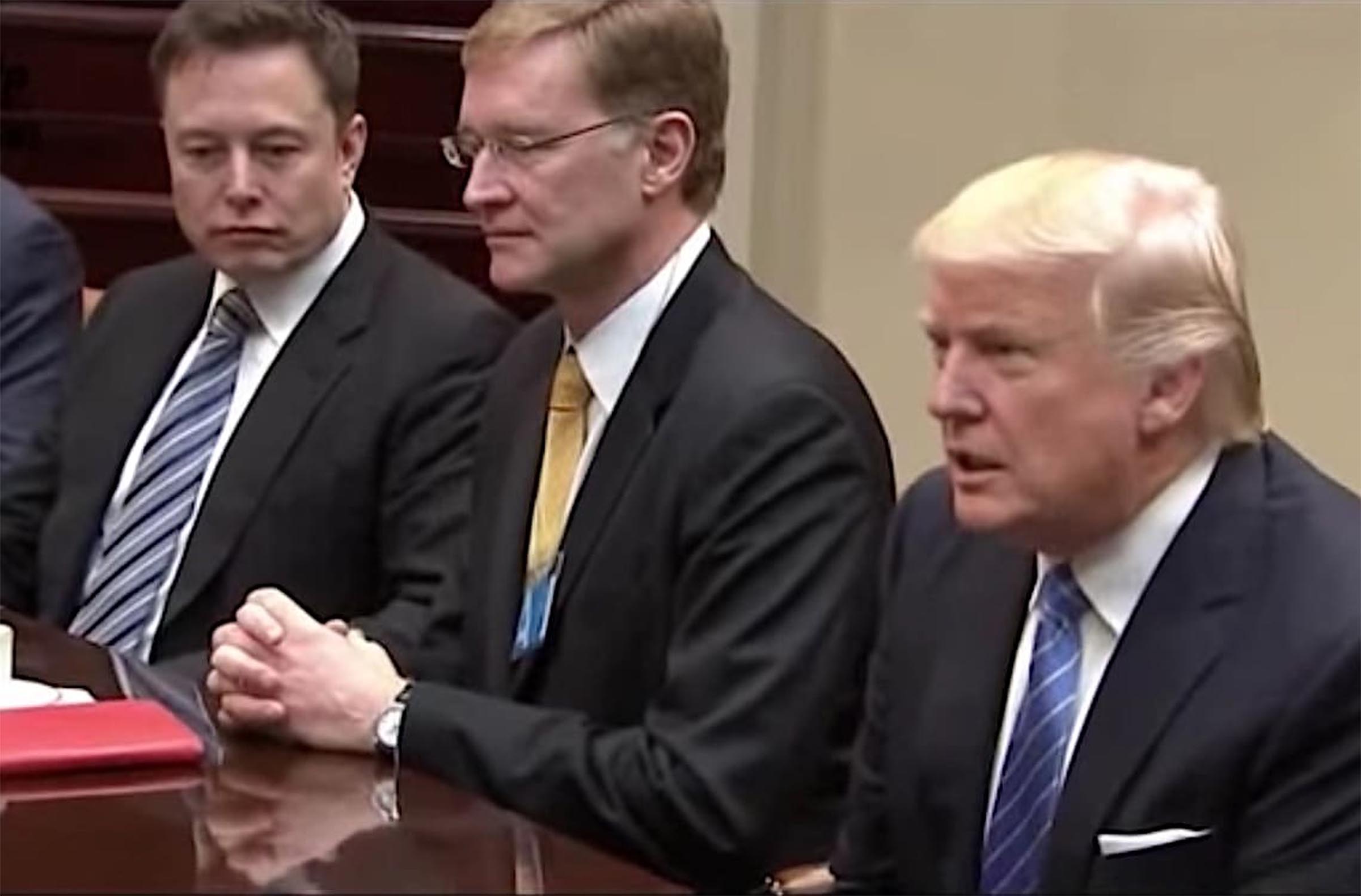
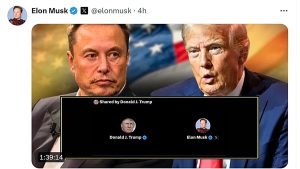
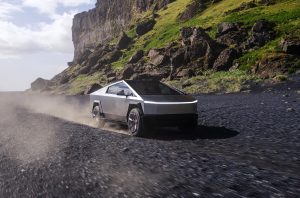
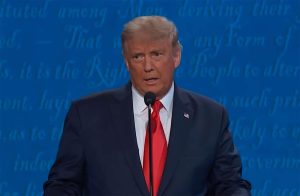

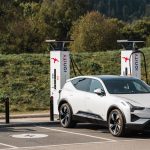
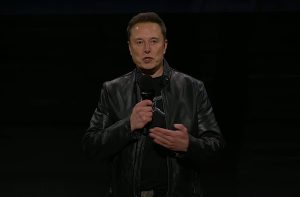
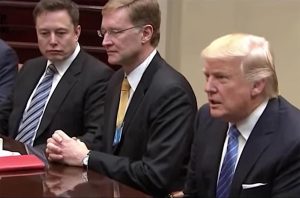
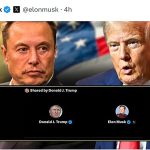
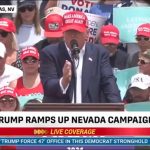
0 Comments